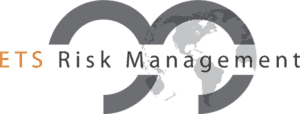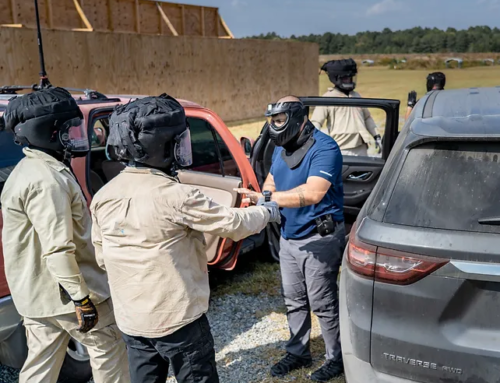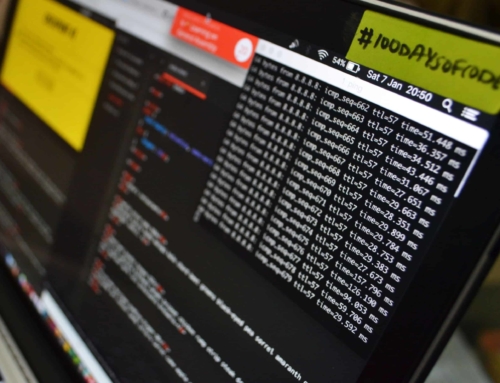
Residential Security Project Management
Project management and quality control are critical for high-level residential security projects due to the sheer breadth of variables and components. The interaction and synergy between physical and technical components are key aspects of quality residential security, especially concerning network, CCTV, intrusion-detection systems, and access control. It is important to ensure that security measures are effectively implemented, maintained, and monitored to effectively and efficiently protect the safety of the occupants and their property. Click here to learn about why a robust network is crucial for home security.
Project management involves planning, organizing, and overseeing the implementation of security measures, such as security systems, alarms, and access controls. Without effective project management, security measures may be installed incorrectly, insufficiently, or even left incomplete, leaving residents vulnerable to security breaches.
Quality control is also essential in residential security to ensure that security measures meet the required standards and function correctly. It involves regular inspections and maintenance of security systems to identify and fix any issues before intruders or malicious actors can exploit them. Quality control also ensures that security measures are up-to-date with the latest industry standards and technologies and software and hardware updates, providing the best possible protection for residents.
The core components of residential security typically include:
- Locks: High-quality locks are essential for securing your home. Deadbolts, smart locks, and keyless entry systems are popular options that can provide an added layer of security.
- Alarm systems: An alarm system can alert you and authorities in case of a break-in or intrusion. They can be wired or wireless and can include sensors for doors and windows, motion detectors, and cameras.
- Surveillance cameras: Video surveillance cameras can be used to monitor activity inside and outside your home. They can be wired or wireless and can be accessed remotely from a smartphone or computer.
- Lighting: Adequate lighting is crucial for deterring burglars and intruders. Motion-activated lights, timers, and smart lighting systems can be effective in providing adequate lighting.
- Fencing: A fence around your property can help deter unwanted visitors and intruders. It can also provide a physical barrier that makes it harder for someone to gain access to your home.
- Landscaping: Well-maintained landscaping can help deter burglars by eliminating hiding places and making it easier to see potential intruders.
- Security doors and windows: Strong and secure doors and windows can help prevent forced entry. Reinforced frames and shatter-resistant glass are examples of features that can enhance the security of your doors and windows.
- Home security plan: A comprehensive home security plan should include strategies for preventing break-ins, as well as a plan for what to do in case of an emergency. It should also include regular maintenance of security equipment and systems.
The over-arching key aspect of residential security that often encompasses all of the above in some function is the home network.
In summary, project management and quality control are essential in residential security to ensure that security measures are installed correctly, function effectively, and are regularly maintained to protect the safety of residents and their property. Click here to learn more about residential security assessments.






